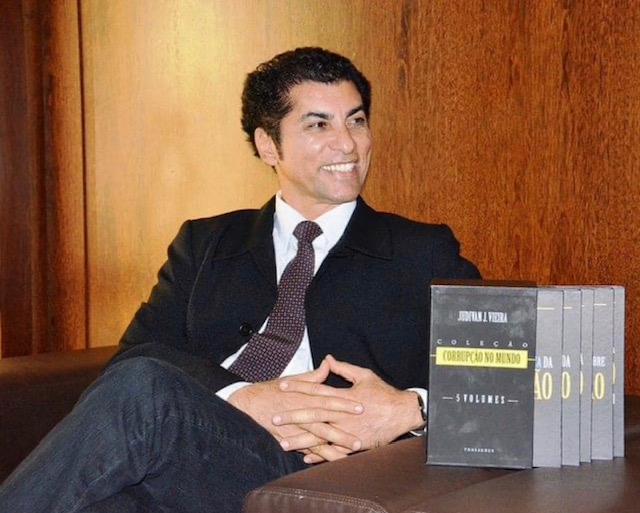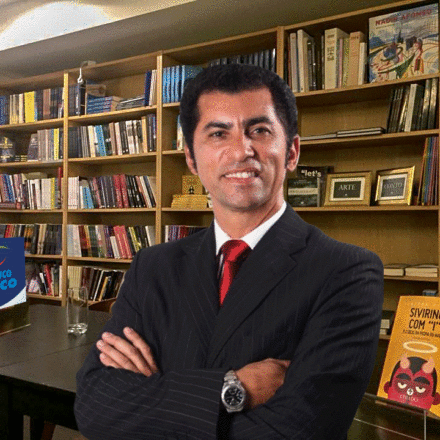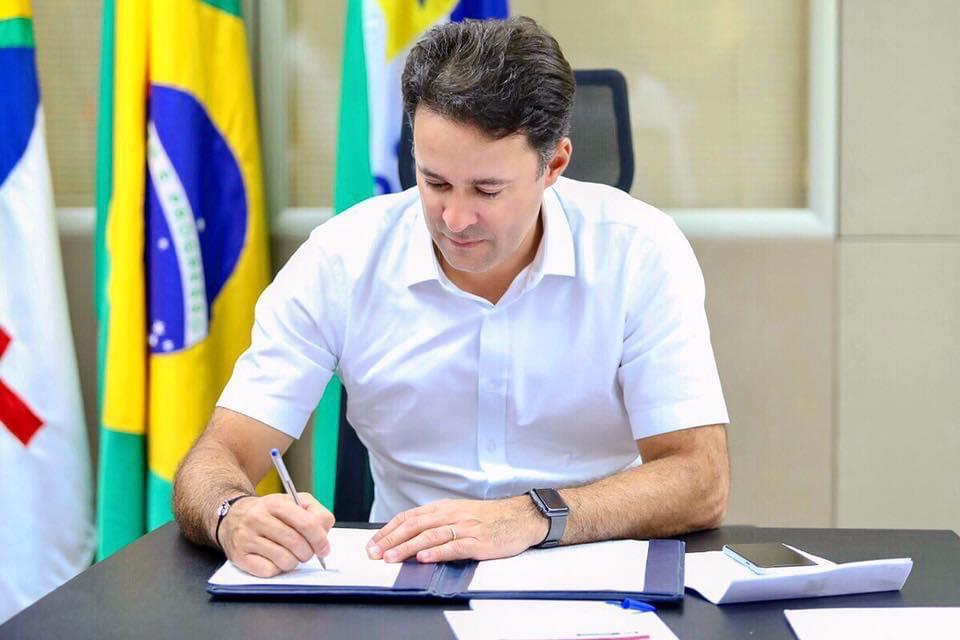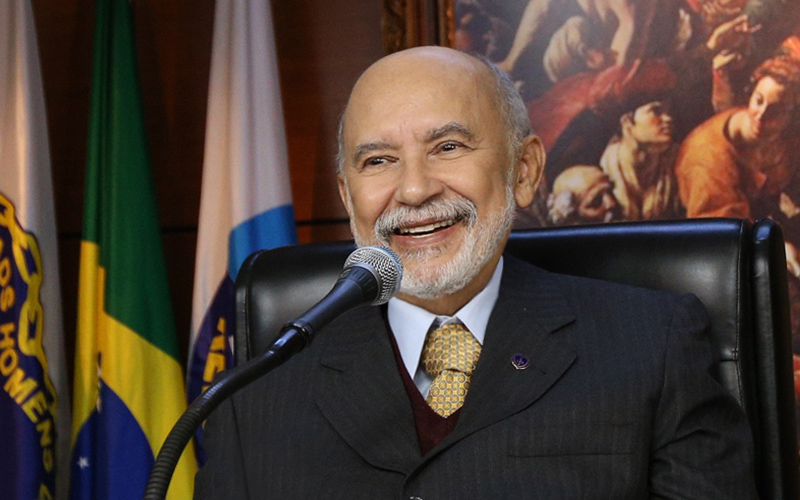From Brasilia,Brazil.
August is an emblematic month, due to several of its events. For example, the United Nations (UN) decreed 9 August, International Day of Indigenous Peoples.
The United Nations Declaration on the Rights of Indigenous Peoples supports several principles and truths that can be applied to various social minorities. Read below an excerpt from the preamble to that statement;
“Affirming that indigenous peoples are equal to all other peoples and recognizing at the same time, the right of all peoples to be different, to consider themselves different and to be respected as such,
Affirming also that all peoples contribute to the diversity and richness of civilizations and cultures, which constitute the common heritage of humanity,
Affirming further that all doctrines, policies and practices based on the superiority of certain peoples or individuals, or that defend it alleging reasons of national origin or racial, religious, ethnic or cultural differences, are racist, scientifically false, legally invalid, morally reprehensible and socially unjust,
Reaffirming that, in exercising their rights, indigenous peoples must be free from all forms of discrimination,
Concerned that indigenous peoples have suffered historical injustices as a result, among other things, of the colonization and subtraction of their lands, territories and resources, which has prevented them from exercising, in particular, their right to development, in accordance with their own needs and interests.”
Note that the declaration wants to preserve the civil rights of the indigenous people, which are also due to each and every human being, such as:
1 — right to be different;
2 — recognition that it is from the difference that contribution and enrichment for civilizations arise;
3 — recognition that difference enriches and preserves human culture;
4 — freedom from any kind of discrimination;
5 — right to development, in accordance with their own needs and interests.
The question is: are these rights not due to whites, blacks, browns, yellows, indigenous people, “gays”, men, and women? So, why did such rights start to stratify and need to be guaranteed to minorities?
The Declaration is right when it says that the reason for guaranteeing such rights through legal instruments is because indigenous people, admittedly, suffered historical injustices as a result, among other things, of the colonization and the subtraction of their lands, territories and resources, which prevented them from exercising their right to development as human beings.
But the same UN Declaration shortens the power of reasoning, when it says that such peoples have been prevented from “exercising their right to development, in accordance with their own needs and interests”.
The insistence we all have on affirming minority rights to develop “in accordance with their own needs and interests”, may be reaffirming the segregation of the needs and interests of whites, blacks, browns, yellows, indigenous people, “gays”, men, and women distinguishing them from each other, rather than ensuring the development of everyone as belonging to the same family of human beings.
The Declaration contains some extremely important considerations when saying that “all doctrines, policies and practices based on the superiority of certain peoples or individuals, or that defend it alleging reasons of national origin or racial, religious, ethnic or cultural differences, are racist, scientifically false, legally invalid, morally condemnable and socially unjust ”.
Can we apply this condemnation to discrimination against indigenous people, blacks, browns, yellows, “gays”, men and women? And why did whites rarely need such protection? Is this because your domain remains broader and longer lasting?
Knowing that the indigenous people are the passive subjects of the millennial discrimination suffered, and that no other social group felt the pain they felt and feel, should we expect that only they will use their speaking place, to tell the world what they feel?
Was it the daring of the UN, an entity composed of whites, blacks, browns, yellows, “gays”, men, and women, to take up the defense of the indigenous people?
After all, being a human in suffering, regardless of his ethnicity, what voice is authorized to speak in defense of the one who is misery?
To be continued…
Follow me on the Media’s: judivan j vieira










